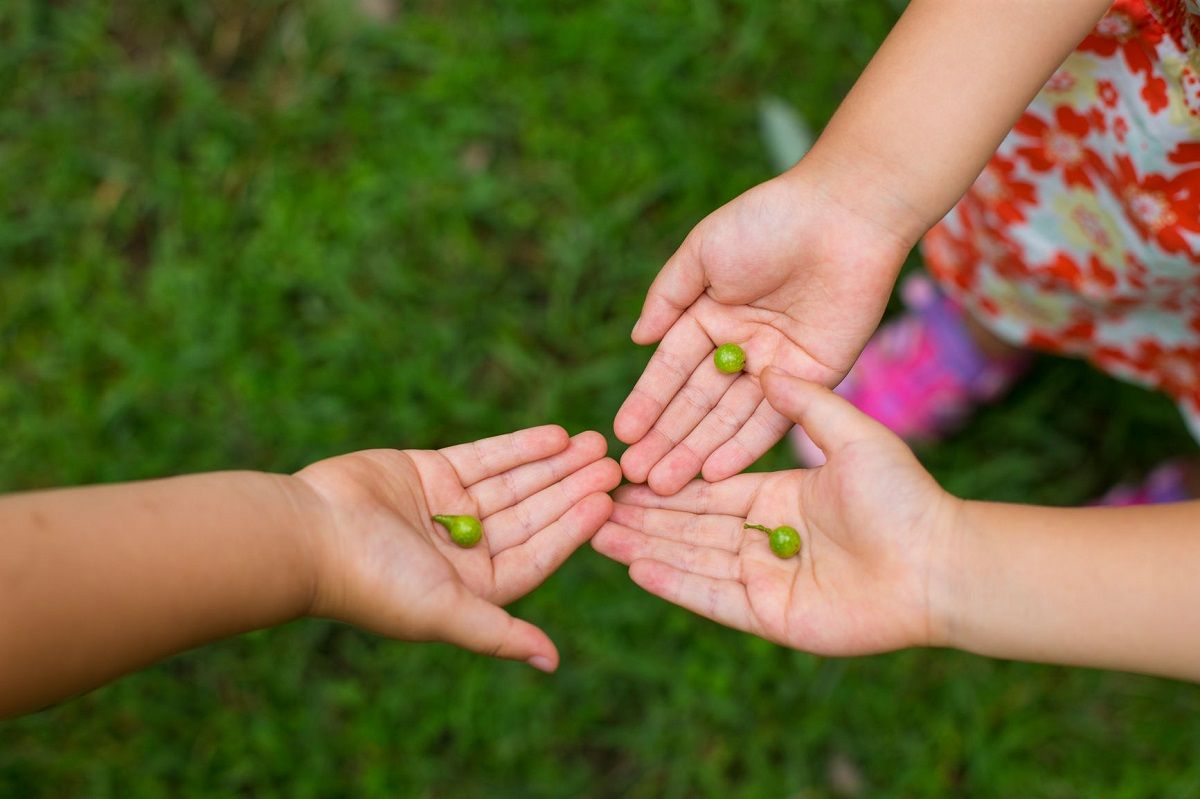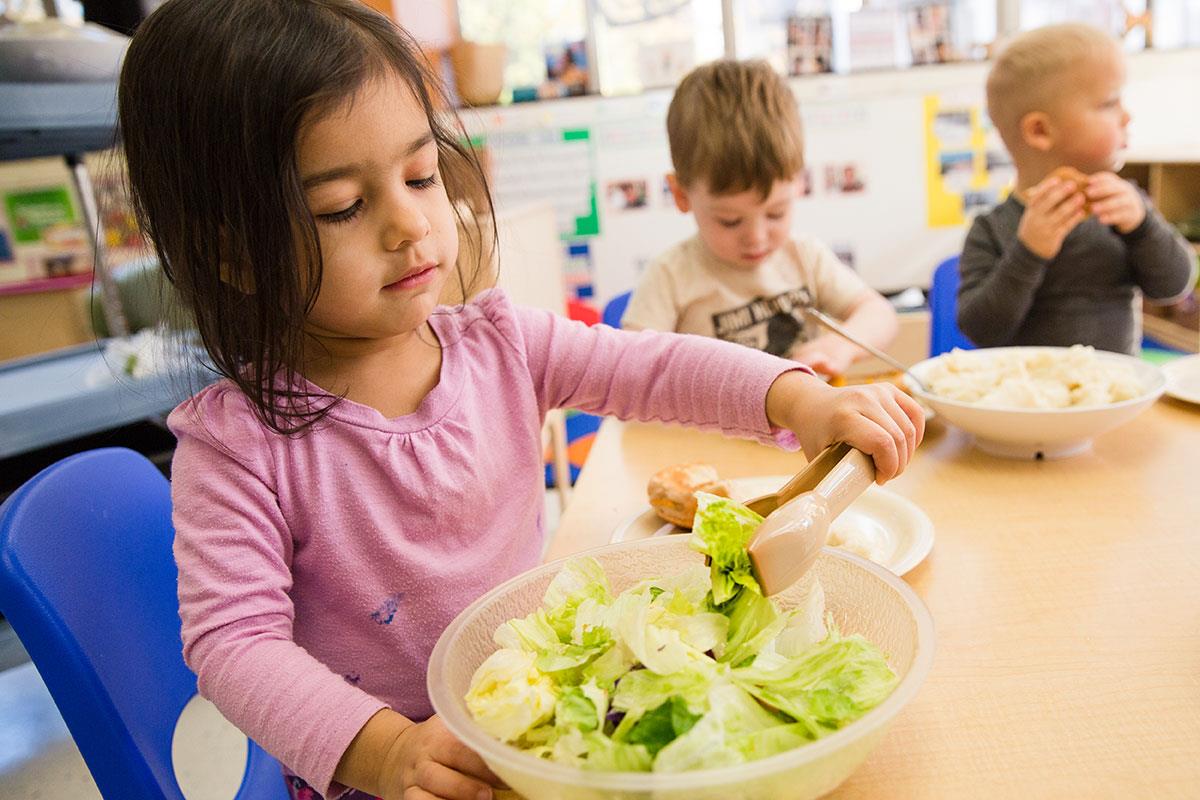Our Amazing Microbiomes: Healthy Gut, Healthy Mind, Healthy Body

A microbiome is the genetic material encoded by a living population of organisms (microbiota, like bacteria, viruses, and fungi) that resides both inside and on our bodies.
Fun fact: There are 10 times more microbial cells in our bodies than there are human cells. That means we’re more bacterial than human in theory! The microbiota play such a significant role in human health and disease that humans could not survive without our microbial partners.
What do microbiota do for human bodies?
The microbes that reside inside our gut use the food we eat to produce essential compounds that:
- Produce and store energy.
- Aid digestion and control metabolic functions.
- Interact with and support normal immune system functions. (Another fun fact: 80 percent of our immune system comes from our gut microbes. Wow!)
- Support brain and mental health and so much more.
Diet plays a huge role in the health of our gut microbiome. The foods we eat can support beneficial gut flora and help create vibrant health. But processed nutrient-poor foods with added sugar, fillers, and preservatives can create an undesirable environment in our intestines where disease can start, like dysbiosis.
Dysbiosis leads to inflammation that can affect numerous systems in our bodies. Inflammation rooted in our guts due to nutrient-poor diets can be attributed to heart and liver disease, diabetes, autoimmunity, allergies, obesity, inflammatory bowel disease (IBD), cancer, and a number of cognitive and mental health disorders like anxiety and depression.
That all sounds a bit scary, but it’s also why it is so important to eat healthy!
How to maintain gut health—for kids and adults!
Here are just a few easy ways to help maintain a healthy microbiome for the good of your family's guts, minds, and bodies!
- Get your hands dirty in the soil. When we garden (without gloves), beneficial soil organisms transfer from our hands to our bodies through our mucous membranes (like our eyes, nose, and mouth). Dirt can be healthy!
- Eat a variety of fruits, vegetables, herbs, spices, and mushrooms. These foods are teaming with beneficial soil bacteria, prebiotic fiber, and starches that we need for healthy gut function.
- Eat whole-grains like quinoa, buckwheat, oats, amaranth, millet, sorghum, and whole-grain rice and corn (non-GMO) that provide fuel and resistant starches that gut bacteria use to ferment carbohydrates.
- Eat healthy fats from:
- Avocados or avocado oil (for cooking).
- Olives or extra-virgin olive oil (for dressings, not cooking).
- Ghee or grass-fed animal butter.
- Nuts and seeds.
- Wild caught cold-water fish and sea vegetables.
- Grass-fed meats, wild game, and free-range chickens and eggs.
- Use natural sweeteners like raw honey (not for infants under 1 year old), real maple syrup, organic molasses, and cocoa or chocolate (72% cocoa or more).
- Eat a small amount of fermented food each day. Think yogurt, kefir, live sauerkraut, kimchi, miso, natto, tempeh, and beet kvass.
- Wash your hands with soap and water and use proper sanitizing compounds made from natural sources. Too many antimicrobial detergents and cleaning products kill both good and bad bacteria. In our efforts to kill all bad germs, we are actually putting our health in jeopardy and creating the potential for superbugs.
- Try eating proteins without added antibiotics. An excess of antibiotics kills the beneficial organisms in the gut that we need for optimal health and sets our bodies up for potential antibiotic resistance.
- Try to get natural sunlight for 10–20 minutes every day. While it is wise to avoid the strongest UV rays (around 10 a.m. to 3 p.m.), a healthy dose of natural light each day helps maintain vitamin D levels and boost beneficial gut microbes.
Want to try making some gut-loving food of your own? Try this easy recipe for homemade sauerkraut or kimchi. It’s delicious!




